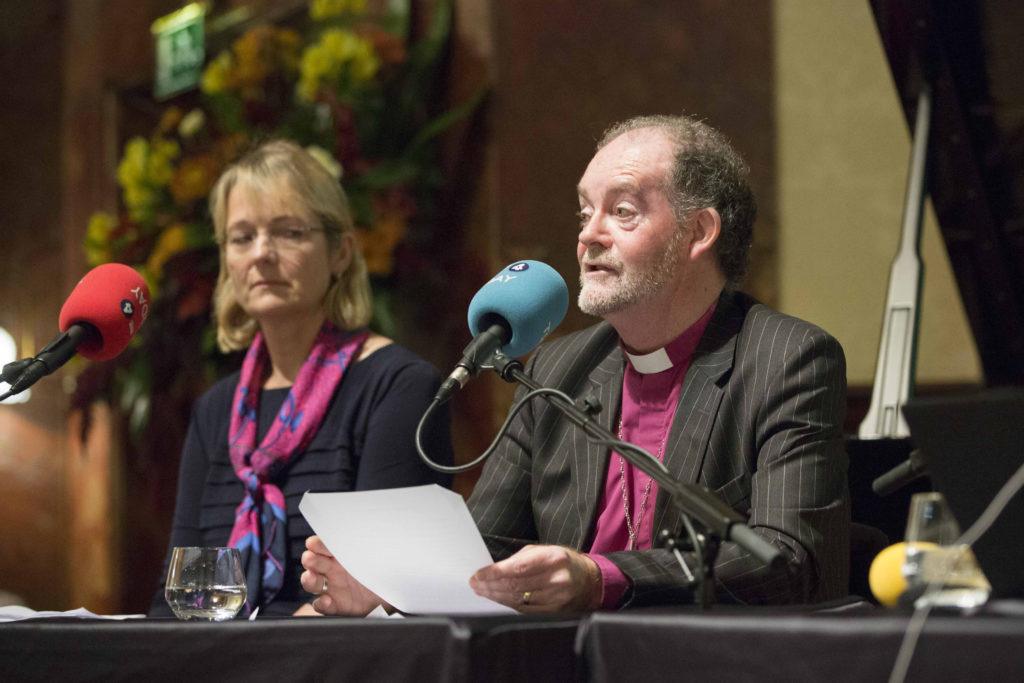A general view of the BBC building Broadcasting House in Portland Place. The BBC have published their Religion and Ethics Review (Credit Image: Katie Collins/PA Archive/PA Images)
This morning I praised the BBC for how they have gone about compiling their new review of religious content. Now it’s here: the BBC have published their Religion and Ethics Review
It’s been a while coming, understandably given the scale of the task and the complexity of the audiences with an interest in religion coverage. I know the BBC have taken this very seriously, putting a manager in from a separate department to co-ordinate the review, and making sure that they listened carefully and respectfully to all sorts of people. They also worked hard on their desk research. Well, I would say that: they commissioned ComRes Faith Research Centre, which I lead, to supply a summary of publicly available data about religious identity, belief and practice which, along with other inputs, helped inform their review. But regardless of who supplied the data, they’ve written their report carefully, using evidence wherever possible to support their findings.
There will be plenty of people who baulk at some of the recommendations. Increasing the size and seniority of the Religious Affairs team will present difficult decisions about resourcing. Which teams will lose out so that religion can have a bigger budget? Because they will certainly need one. Making promises to increase capacity inevitably requires a financial commitment: to headcount, travel and technology. If they are to promote Martin Bashir from Religious Affairs Correspondent to Editor (which is the widely held assumption), he will have a seat at the editorial table and an important voice in strategic decisions about content and reporting. But he will also need resources to deliver an ambitious brief.
And the BBC’s commitment to ‘raise their game’ will worry people who look at some of the worship output as being old-fashioned and aimed at an elderly audience. But their own research (which my team weren’t involved with) indicated that younger and non-white audiences are keen to see religion and belief represented in BBC content and that they would be interested in learning more.

This very much confirms quantitative survey work ComRes led earlier this year which found that younger adults are more likely than older ones to say that understanding religion is important to understanding the world.
And with global projections suggesting that more people around the world are likely to identify with a religion in future, meeting this need for awareness of the religious context beyond our shores, as well as its impact here, is surely an important element of the BBC’s public service remit.







Join the discussion
Join like minded readers that support our journalism by becoming a paid subscriber
To join the discussion in the comments, become a paid subscriber.
Join like minded readers that support our journalism, read unlimited articles and enjoy other subscriber-only benefits.
Subscribe